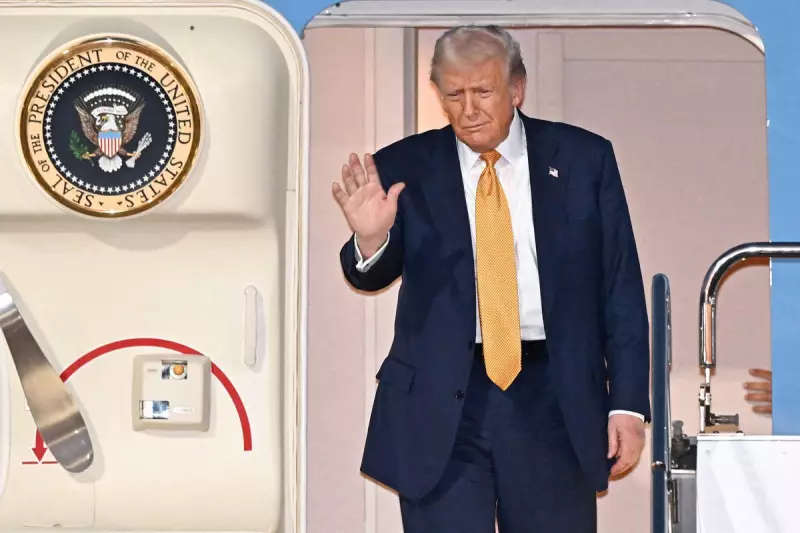
Donald Trump has sent shockwaves through American politics with provocative comments that have reignited debates about presidential power and constitutional limits. The former president's ambiguous statements about potentially serving three terms have drawn sharp criticism from both sides of the political aisle.
Constitutional Concerns Raised
During recent public appearances, Trump suggested he might deserve a third term in office, claiming his first administration was "stolen" from him through investigations. These remarks have raised alarm among constitutional scholars who point to the 22nd Amendment's clear limitation of two terms for any president.
Legal experts have been quick to dismiss the feasibility of such a scenario, with one constitutional law professor calling it "constitutional fantasy" that has no basis in American law.
Growing Republican Unease
Within Trump's own party, concerns are mounting about his influence and the direction of the Republican movement. Several prominent Republicans have expressed reservations about his recent statements and their impact on the party's electoral prospects.
The situation has created a delicate balancing act for many GOP figures who must navigate between Trump's loyal base and broader electoral considerations.
Legal Clouds Gather
As Trump positions himself for another presidential run, he faces an increasingly complex web of legal challenges. Multiple investigations are underway, including:
- The Department of Justice probe into January 6th Capitol riot
- Georgia election interference investigation
- Mar-a-Lago classified documents case
- New York business practices investigation
These legal battles represent significant obstacles to his political ambitions, with potential implications for his eligibility to run for office again.
Political Fallout Intensifies
The former president's comments come at a critical juncture in American politics, with the 2024 presidential election landscape beginning to take shape. Democratic leaders have seized on Trump's statements as evidence of what they call his "authoritarian tendencies."
Meanwhile, some Republican strategists worry that such controversial remarks could alienate moderate voters crucial for winning general elections.
As the political drama unfolds, one thing remains clear: Donald Trump continues to dominate the American political conversation, ensuring that debates about presidential power and constitutional norms will remain at the forefront of national discourse.





